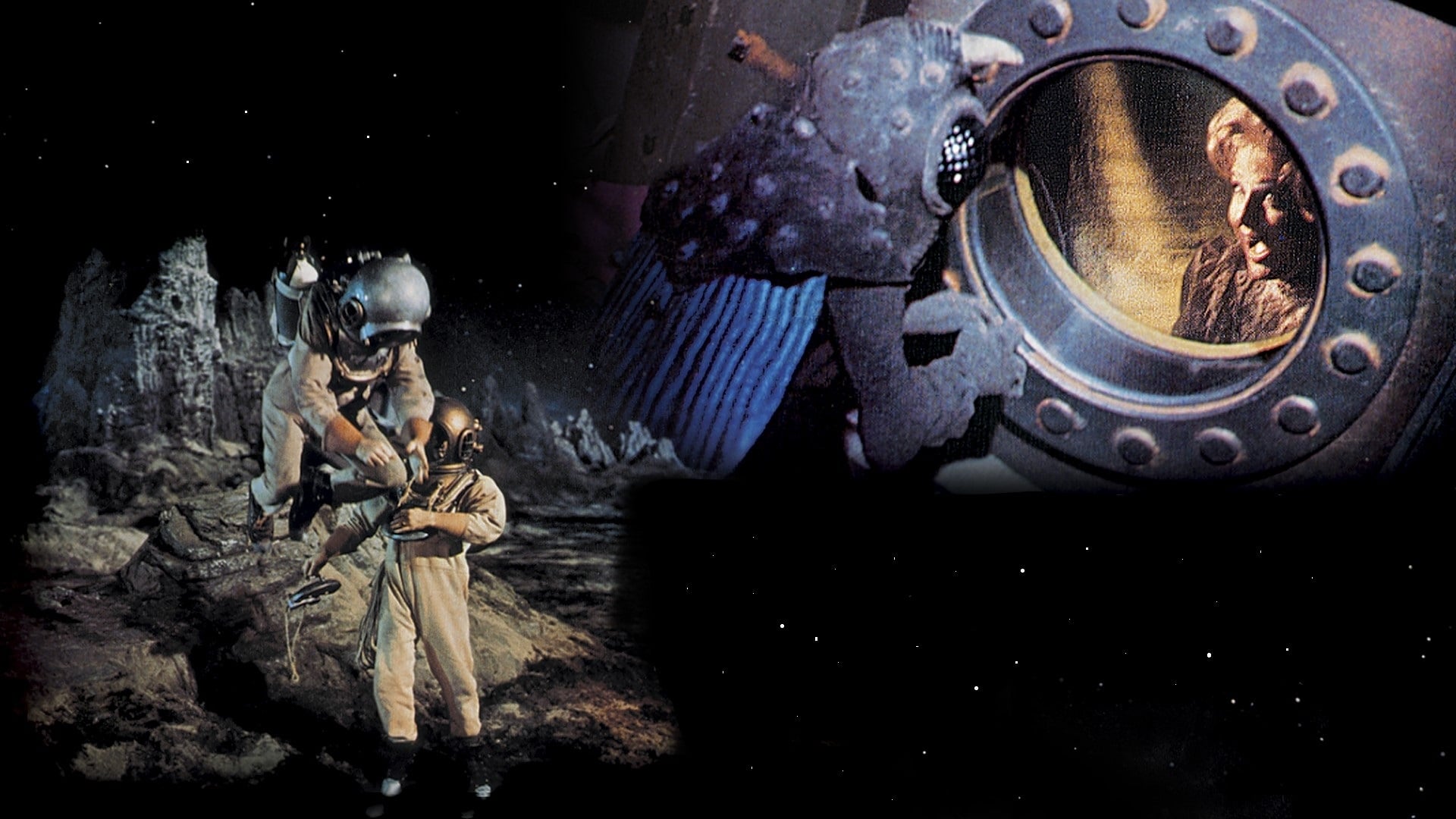

But he’s cheeky about it sometimes, too: during a pre-Apollo Gemini mission when Armstrong is practicing - attempting for the first time by anyone ever, in fact - a zero-gee docking maneuver the astronauts will need on the lunar mission, the score soars with something that sounds an awful lot like a Strauss waltz, à la 2001: A Space Odyssey and its iconic docking sequence.

Hansen - mines fresh awe and majesty from the insane daring of the Moon landing, and everything that led up to it. My press screening was not in IMAX I plan to see it again in that format.)įirst Man is the drawn-out shock of sheer terror - the actual landing on the Moon, for instance, is a nailbiter, and nerve-wrackingly exhausting - followed by the bliss of exhilaration: Look, there is the thin layer of atmosphere keeping the black of space at bay from blue-green Earth! Look, there is the gorgeous desolation of the Moon, a human bootprint thrillingly left in its stark gray powder! Chazell - working from a script by Josh Singer ( The Post, Spotlight), based on the book by James R. (We get very little in the way of external physical context, just as Armstrong would not have had.) And the noise! So loud and rough, the metal creaking to the point where you’re certain the ship is going shake itself into pieces, and then… absolute silence and stillness as the rocket leaves the atmosphere and enters vacuum. And Chazelle makes it extremely easy to empathize with what Armstrong is going through, most especially in how he depicts supersonic flight during Armstrong’s test-pilot days, and rocket launches once he became an astronaut: we are right in the cockpit or the capsule with him, tight on his face, sharing the view obstructed by his helmet, the glass fogged with his breath. Yet with only tiny, delicately calibrated facial twitches, or the stiffness of his body relenting for a moment, Ryan Gosling ( Blade Runner 2049, The Nice Guys), as Armstrong, conveys depths of experience both physical and emotional, sometimes both at once. Like, at all, and the less so the more profoundly he was impacted by something, much to the despair of his wife, Janet (a terrific Claire Foy: Unsane, Breathe).

Which is another level of extraordinary at work here, because, as we see, Neil Armstrong was not a man who talked about his feelings. (Here: must walk on the Moon to soothe a fathomless hurt! And when that moment comes? Oh my…) This is not a movie about the technology or the politics of America’s early space program - though both are briefly touched on - but about what it felt like, in body and mind, to be at the center of it. Continuing the amazing run he has been on with 2014’s Whiplash and last year’s La La Land, both films in which he ties powerful emotion to visceral physicality (must bang drums to express my rage! must dance to express my love!), Chazelle finds an astonishing dreamlike reverie amidst the rocket-powered mechanical brawn of the machines that took men to the Moon. It seems like an incredible fantasy, if you’re not old enough to remember watching it happen live on television (I’m not): We went to the Moon? People walked on the Moon? Less than 70 years after the Wright brothers made the first controlled flight, less than 30 years after the first commercial transatlantic airline service was established, we sent men ( only men, “naturally”) across the empty nothingness of space to land on an airless rock? And they got home again? All with minimal technology that today seems impossibly retro and charmingly analog? That must have been a dream.Īnd that’s the extraordinary vibe that Damian Chazelle miraculously generates with First Man.


 0 kommentar(er)
0 kommentar(er)
